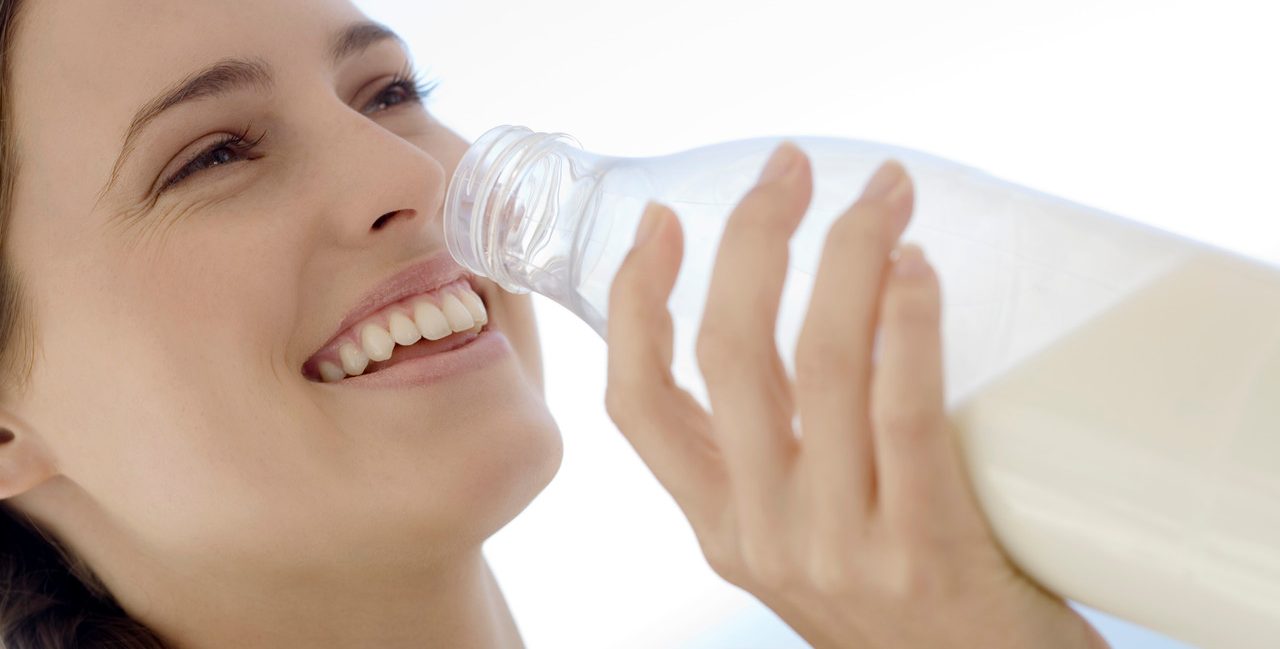How to Lower Blood Pressure with Minerals

A shortage of calcium, magnesium, or potassium could affect your blood pressure and your overall health. Here’s how to lower blood pressure using minerals.
If you’re eating a heart healthy diet, you’re probably doing okay on minerals. But if you eat too much processed and canned food — or are taking certain medications — a shortage of calcium, magnesium, or potassium could affect your blood pressure and your overall health.
Before you rush to take supplements, however, speak to a doctor. Supplements can do you harm as well as much good. To lower your blood pressure, the best approach is always to get your nutrients, including minerals, from your everyday diet.
YOU MIGHT ALSO LIKE: Lower Your Blood Pressure with Lifestyle Changes
How to lower blood pressure with minerals
Potassium. Most of us think that eating too much salt increases our chances of heart disease. Although many people overdo salt, the real problem is the balance of potassium with salt, according to a large study. Most Americans are short of potassium, largely because we don’t eat enough vegetables. Potassium is plentiful in many foods that are generally good for your health, including avocados, spinach, sweet potatoes, kefir or yogurt, white beans, banana, acorn squash, and prunes or dried apricots.
Potassium helps the walls of your blood vessels relax and also helps conduct electrical signals throughout your body. Beyond eating more potassium-rich foods and cutting salt, you may need a supplement if you are taking a diuretic, sometimes called a “water pill,” for example hydrochlorothiazide (Esidrix, HydorDiuril), which can push potassium out of the body in your urine. "At least a third of patients on diuretics for heart failure or high blood pressure or edema don't get enough potassium from their diets,” says cardiologist Randall Zusman, MD, director of the Division of Hypertension at the Massachusetts General Hospital Heart Center. In those cases, we do use supplements. But don’t do it on your own without talking to your doctor: both too much and too little potassium can make your heart beat irregular.
After the age of 51, both men and women need 4.7 grams of potassium a day and no more than 2.3 grams of sodium. You may have heard the recommendation to push salt levels lower, but that may not be desirable, according to a 2013 report from the Institute of Medicine.
Magnesium. We also need magnesium to lower blood pressure and blood sugar, and regulate muscle and nerve activity. Again, diuretics can leach magnesium from your body. And, again, most older Americans are short of magnesium, which is plentiful in many of the foods that contain potassium. Soaking in an Epsom salt bath also may increase the magnesium in your blood.
Calcium. Like potassium, this mineral affects how blood vessels tighten and relax, and a calcium deficiency can affect your blood pressure. However, don’t load up on calcium supplements. More than half of women over 60 do take calcium supplements — many without talking to a doctor — in order to protect themselves against osteoporosis. They may actually be doing themselves harm: taking more than 1,400 mg a day in a supplement has been linked to death from heart disease, according to some research.
YOU MIGHT ALSO LIKE: Calcium Supplements May Increase Risk of Heart Disease
Instead, up the calcium in your diet (the same study that found a link between calcium supplements and heart disease said eating foods that contain calcium didn’t have the same negative effect). The best known source of calcium is milk products. If you happen to have an allergy, lactose intolerance, or prefer to stay away from animal products, you can still meet your calcium needs with food: Kale, bok choy, almonds, and sardines all contain lots of this mineral.
We all need to eat better
For a whole host of reasons, Americans need to learn how to lower blood pressure. You need to eat more fruit and vegetables, legumes, nuts, and fish, and stay away from salty snacks and other processed foods that pile on the pounds but don’t provide the nutrients you need. It’s hard to believe that in a nation in which most of us have access to an abundance of food so many of us are undernourished — and, yet, it’s common to be short on essential minerals. The remedy: Have yogurt for breakfast instead of an egg and cheese. Eat a spinach salad with a sprinkle of nuts — or a bean and kale soup — or sardines in a Nicoise-style salad for lunch or dinner. Have dried apricots instead of pretzels for a snack.
YOU MIGHT ALSO LIKE: Is Sugar Worse for Your Blood Pressure than Salt?
Updated:
March 02, 2020
Reviewed By:
Christopher Nystuen, MD, MBA